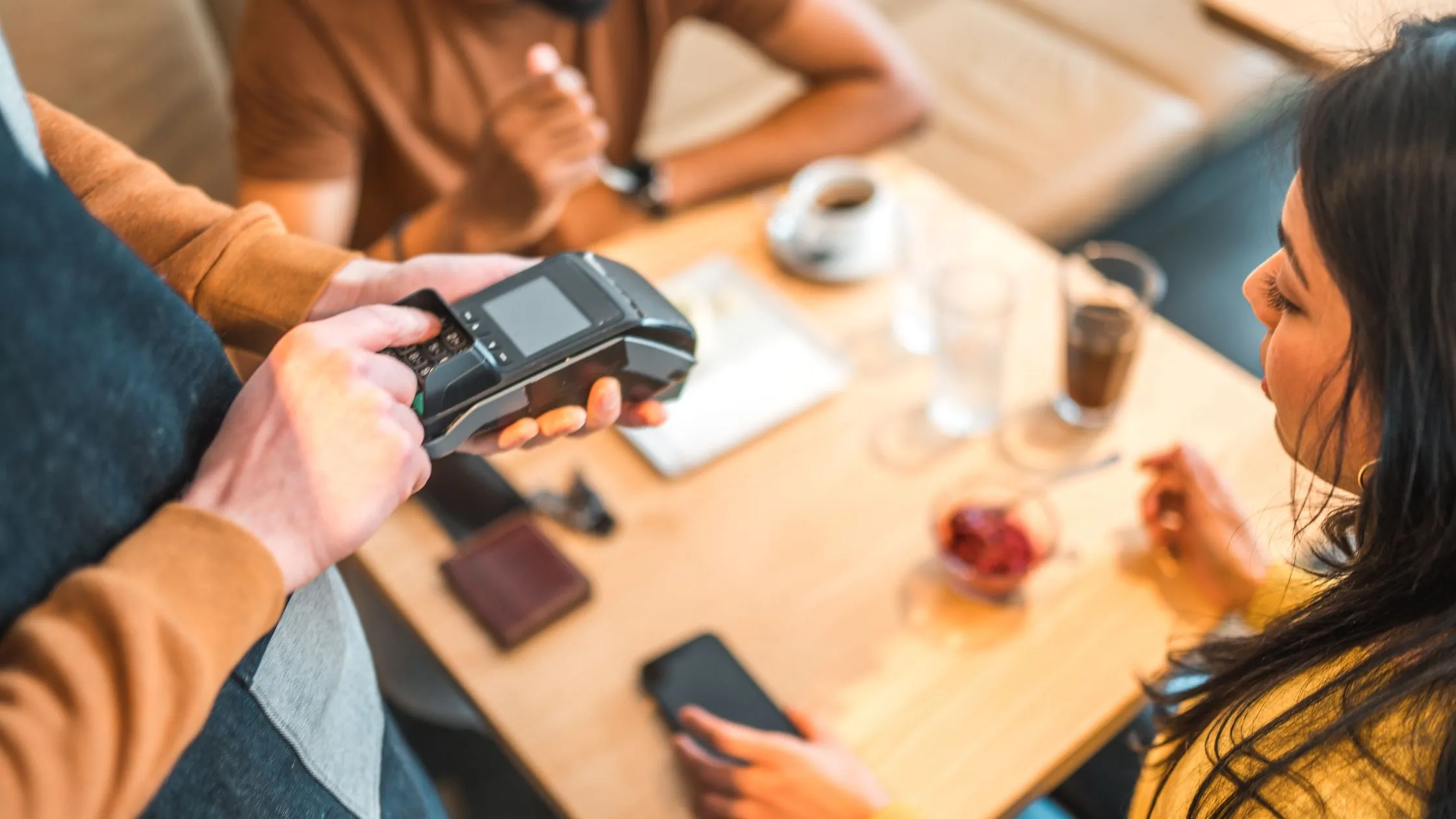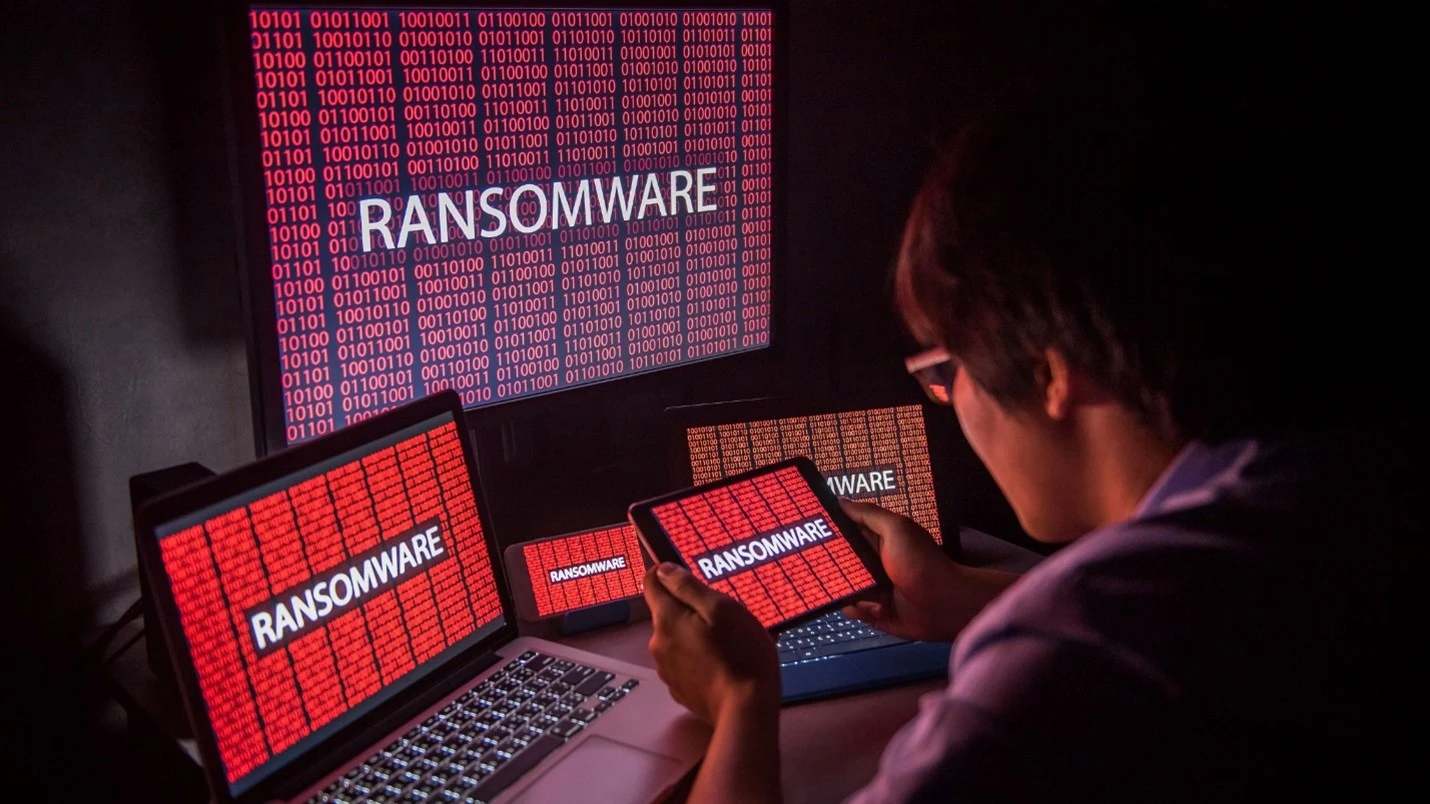Best Practices to Protect Your Restaurant from Cyberattacks

If we learned anything from the NCR ransomware attack, it’s that there’s more that can go wrong in your restaurant than just order mishaps. And the most debilitating issue does not necessarily occur in the kitchen – it may be in your computer systems!
What Restaurants Need to Know About Ransomware Attacks
A month ago, the cyberattack on NCR impacted its Aloha point-of-sale (POS) system and Back Office application. The breach affected around 100,000 bars and restaurants using said systems, with some of our favorite spots unable to dish out loyalty points, process payroll, and access back-office tools.
What’s worse is the NCR security breach isn’t an isolated case, but one of the many cyberattacks affecting the restaurant industry. In January, fast food provider Yum! Brands shut down about 300 of its restaurants in the UK due to a ransomware attack. The same month, fast food chain Five Guys reported a data breach, compromising information related to its employment process.

It’s not just large restaurant chains that are at risk. On the contrary, cybercriminals often target small operators because they may have weaker security measures than larger corporations. The consequences can be devastating, as cyberattacks can result in stolen customer data, financial losses, and damage to the company’s reputation.
How to Protect Your Restaurant Against Cyberattacks
As a restaurant operator, you need to be aware of the potential threats and take proactive measures to ensure the safety of your customer’s sensitive information and protect your business from financial losses and reputational damage.

1. Implement strong password policies.
Encourage employees to use unique and complex passwords and require them to change their passwords regularly. It’s also standard practice to use multi-factor authentication for an extra layer of security. It’s also standard practice to use multi-factor authentication for an extra layer of security.
You should also limit employee access to sensitive data and systems. Not everyone in your restaurant needs access to customer credit card information or other sensitive data.
2. Keep your network secure.
Implement a firewall and antivirus software and use a secure payment system that is PCI (Payment Card Industry Data Security Standard) compliant and encrypts all data to protect customers’ credit card information. Additionally, ensure all software is patched and updated regularly to prevent vulnerabilities from being exploited.
3. Conduct regular security assessments.
Conduct regular security audits to identify vulnerabilities in your systems and networks. These assessments can help you avoid potential threats and take corrective action before an attack occurs.
4. Stay informed and train employees.
Cybersecurity is an ever-evolving field. Keep up with the latest cybersecurity threats and trends and educate your staff on identifying and avoiding phishing scams, handling sensitive information securely, and other vital security practices.
5. Develop and implement a security incident and data breach response plan.
Responding to a security breach is a critical process that requires a well-planned approach to minimize damage. Here are some steps that you can take to develop a plan for responding to a security breach:
- Identify the type of breach: The first step is to determine the kind of security breach you are dealing with. It can include unauthorized access to your network, data theft, malware infections, or other cyberattacks.
- Create a response team: You should create a team of professionals responsible for handling the breach. This team should include members from IT, legal, human resources, public relations, and other relevant departments.
- Notify the appropriate authorities: Depending on the type of breach, you may need to notify local law enforcement and the FBI. You should also contact your insurance provider to determine whether your policy covers the breach.
- Contain the breach: Your IT team should immediately contain the breach and prevent further damage. This may include deactivating compromised accounts, isolating infected computers, and changing passwords.
- Investigate the breach: Conduct a thorough investigation to determine the damage’s scope and identify the breach’s source.
- Notify affected parties: If customer data has been compromised, you should notify affected parties and offer them assistance, such as credit monitoring or identity theft protection.
- Review and update your security policies: After the breach has been resolved, you should review your security policies and procedures to identify any weaknesses and make necessary updates to prevent future incidents.
6. Have a business continuity plan in place.
Cyberattacks put your restaurant at risk of a temporary shutdown. By preparing for the worst, you can ensure your restaurant can continue operating. Therefore, a business continuity plan is crucial to provide customers with a seamless dining experience. Here are some tips for a well-thought-out plan:
- Ensure that you back up all your essential data and systems.
- Consider creating a recovery plan that details ways to recover lost data in case of an attack.
- Plan and execute drills for your employees to follow in case of such events.
Key Takeaway:

NCR’s ransomware attack has reminded us that cyber threats are a reality for the restaurant industry. We don’t know when these cybercriminals will strike next. Still, you can significantly reduce your chances of being targeted or, if not prevented, soften the blow on your business and customers by implementing effective defense and operational controls.
To better protect your restaurant, it’s wise to partner with an industry professional to help you implement these procedures and stay informed and ahead of today’s ever-evolving technologies and security standards. Reach out to MBE CPAs today!
Our marketing affiliate and contributor, Brand House Marketing, wrote this article. Contact them for creative and custom-tailored marketing solutions for your company.
